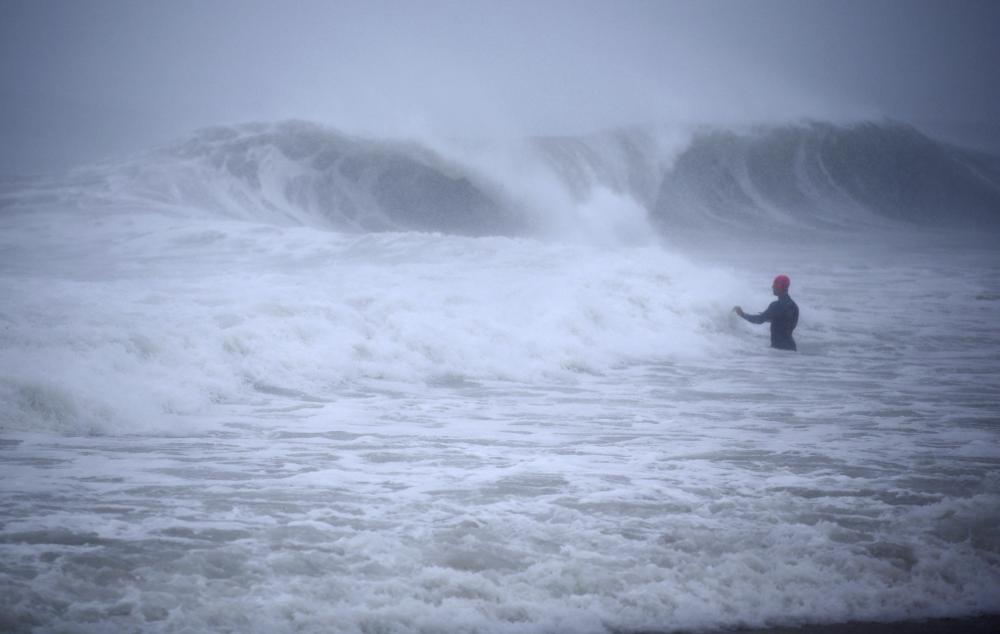Red Carpet
In the realm of global economics, China has long been the magnetic epicentre, drawing in foreign investors with promises of boundless opportunities and unprecedented growth.
The areas identified for closer coordination included sustainable development, climate change, maritime governance, and security.

(File Photo)
At a largely unremarked upon event in September this year on the sidelines of United Nations General Assembly meetings, 18 (now up to 20) Atlantic states ~ nations from the continents of North America, South America, Europe, and Africa ~ launched an initiative to explore greater pan-Atlantic cooperation.
The areas identified for closer coordination included sustainable development, climate change, maritime governance, and security.
Traditionally the proverbial poor cousin in strategic terms of the Indo-Pacific region, the Atlantic Basin is fast emerging as a key arena for globalisation.
Advertisement
It represents a microcosm of key global trends, including the diffusion of power, deepening inter dependencies, and transnational risks. The Atlantic Basin, in the words of Brookings foreign policy expert Daniel S. Hamilton, has rapidly become one of the world’s principal energy reservoirs.
“The Atlantic is the world’s most heavily travelled ocean and has become the inland sea to the vast majority of the world’s democracies. The Atlantic data seaway, already the busiest in the world, is building out fast. Pan-Atlantic commercial flows rival, and in such areas as services, investment and digital commerce exceed, those of the Pacific. Never have so many workers and consumers entered the Atlantic economy as quickly as in the past two decades. The Atlantic Ocean plays a pivotal role with respect to changing global climate and weather patterns, and offers the most immediate opportunities for ‘blue growth’ strategies to harvest its riches.”
There is a flip side, of course ~ it is a region where extremely wealthy and debilitatingly poor nations coexist, some of the most adverse impacts of climate change including frequent super storms play out, and the nexus of drugs, guns, and terror is well entrenched. The Indo-Pacific is still the flavour of the 21st century in the strategic domain. But that may begin to change.
Signatories to the agreement inked by 18 Atlantic Basin countries in New York, termedthe Joint Statement on Atlantic Cooperation, included Argentina, Brazil, Canada, the USA, and several African and European countries. Cape Verde and Togo have since joined as members of this “community of Atlantic countries” to partner on a set of common challenges and explore the development of a wider dialogue on strengthening cooperation in the region.
Greater attention to the deepening interconnections among the four Atlantic continents and the changes in the contiguous Artic region, is here. What this may mean for emerging global trends and how they should be understood in geostrategic terms, is next.
Experts say the exclusive focus on the Indo-Pacific in the debate over globalisation with the rise of China has probably been the most significant contributory factor in the push for a multilateral arrangement for the Atlantic hemisphere.
That the countries of the region have taken the first steps to bridge the divide between the South and North Atlantic and ensure the populations of this vast geographical space are better placed to deal with the challenges and opportunities of the emerging world order, is a development which should not be underestimated.
Advertisement